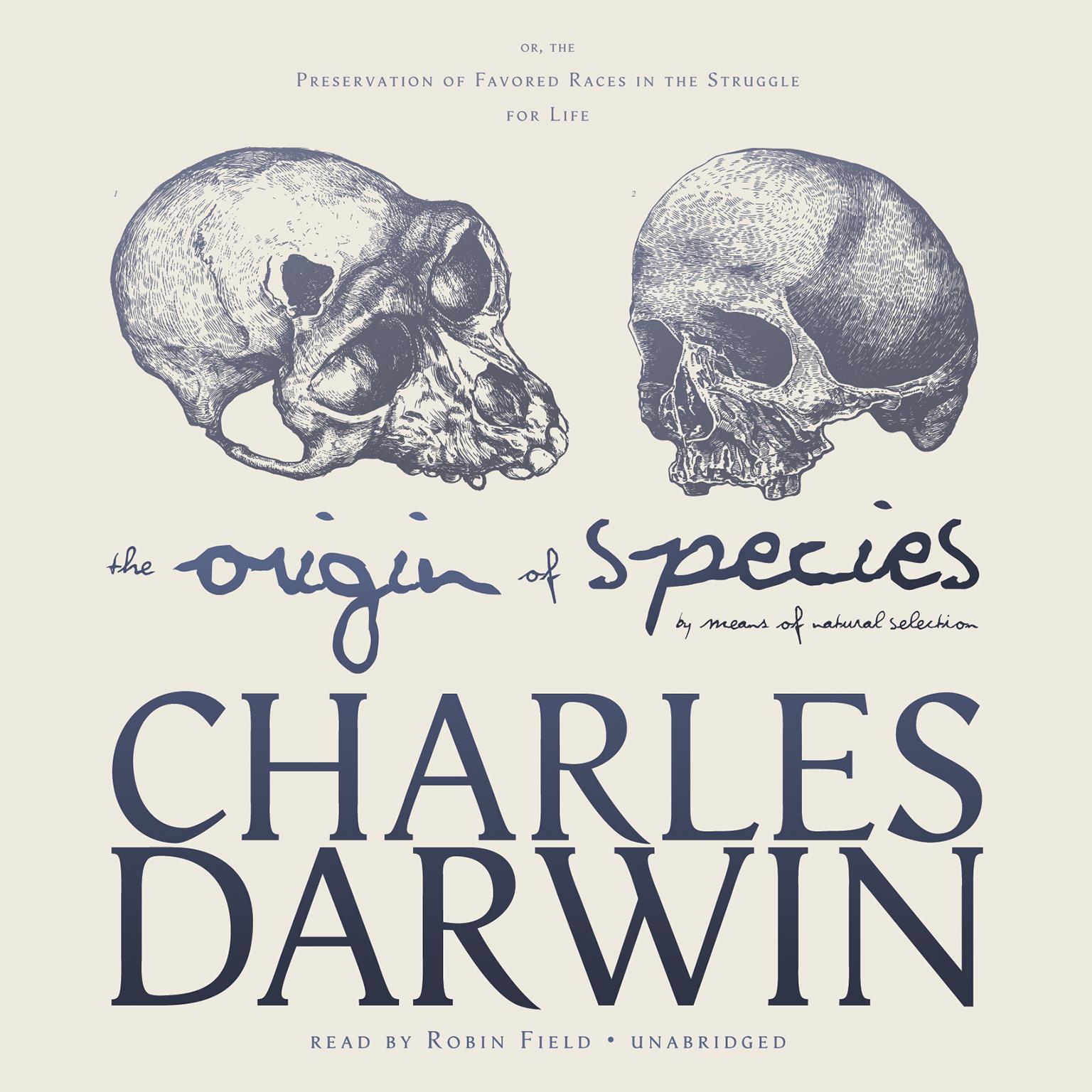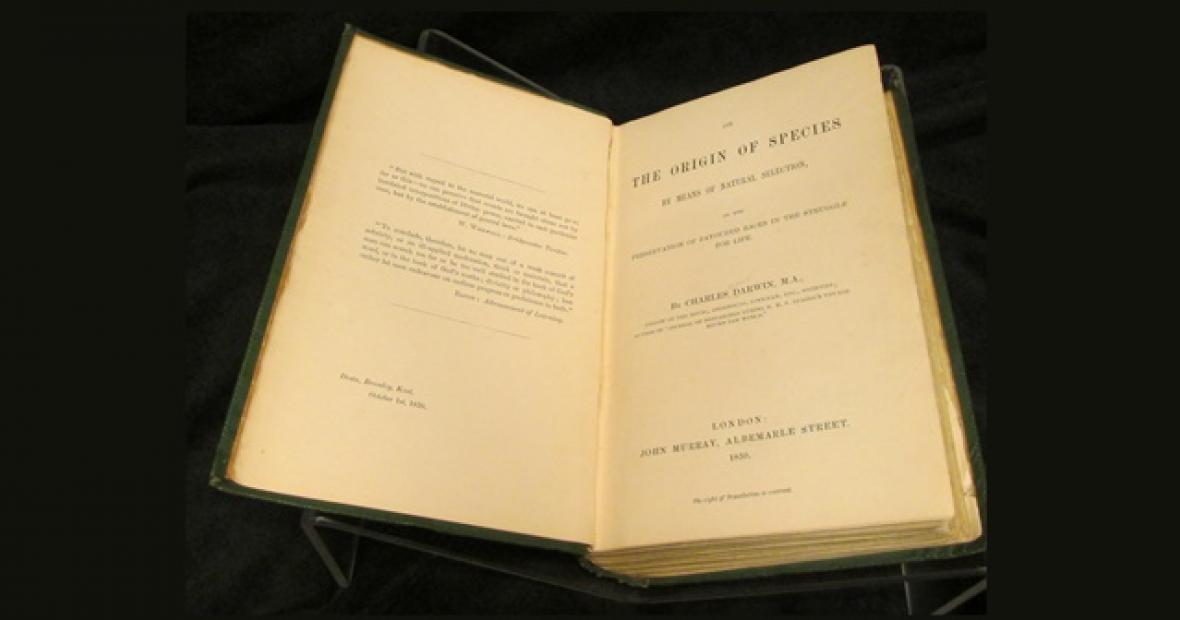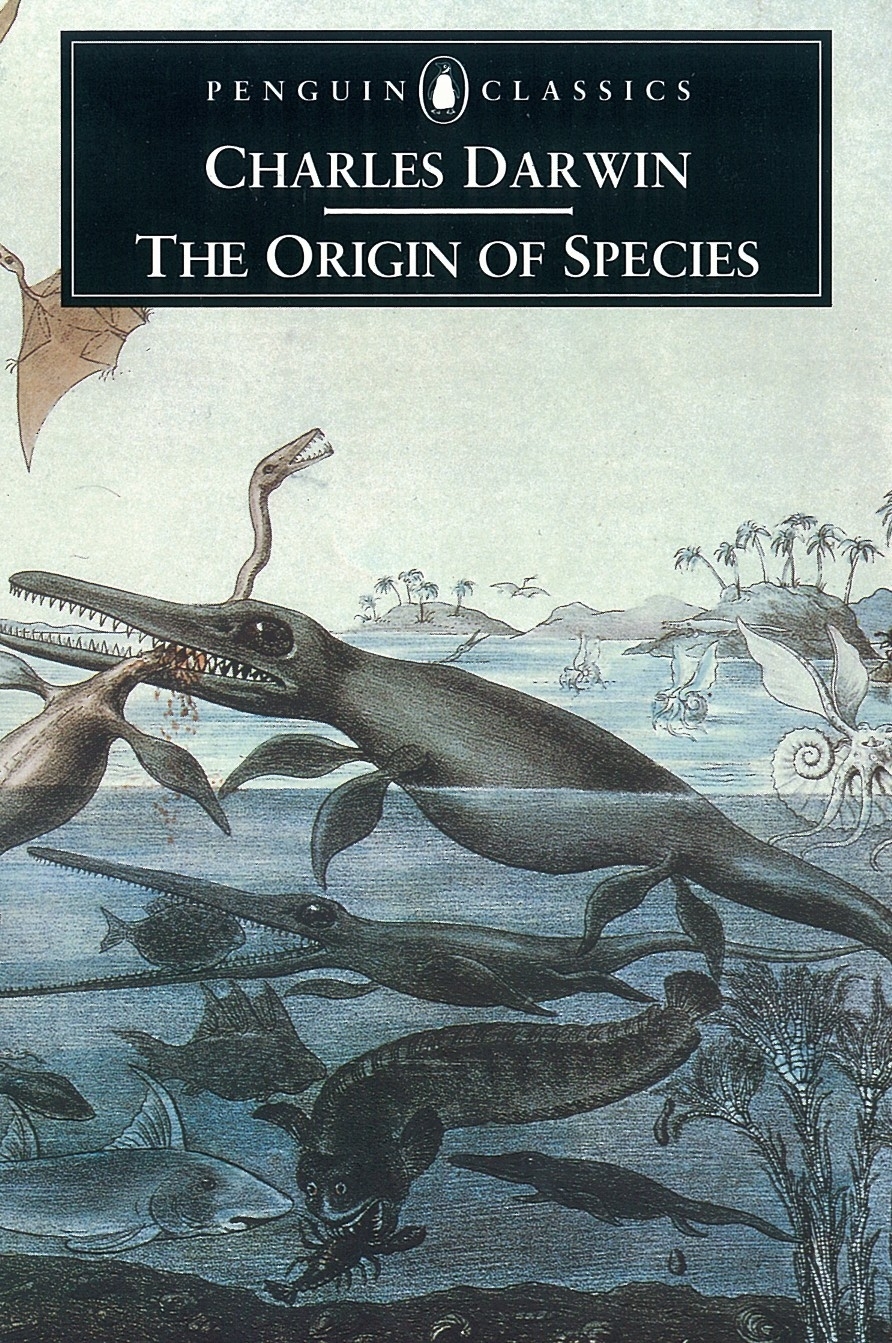

5) My favorite reason for having read this book is that my smugness index has gone up. He makes sure that he fairly presents criticism that could attack his theory and refutes it masterfully.
#On the origin of species how to
4) The book is a guidebook on how to lay out an argument and convince others to your viewpoint. In contrast, the possibility of sympatric speciation (in which new species arise without geographical. It is believed that many species originated through allopatric divergence, where new species arise from geographically isolated populations of the same ancestral species. The author is very smooth at telling you what he's going to tell you, then tell you, and then explain to you what he has just told you. Understanding speciation is a fundamental biological problem. Each chapter by itself is enough to convince the listener of the fact of evolution by natural selection.

3) The book lays out a very complicated argument in 13 basically independent chapters.
#On the origin of species free
2) I had obtained a google book version, but couldn't bring myself to read it, and I had obtained a free audio version floating around the net, but this audio version is professionally read and doesn't suffer at all from the narrator. It is written as if his attended audience is for a 13 year old. I should not have been and am glad I did for the following reasons, 1) The book reads as well as any of the good popular science books available on audible. I've probably listened to and rated over 15 books about evolution over the last two years, but I was always hesitant to read the granddaddy of them all. Provenance: George Duncan (Shettleston bookplate) – Matthew Blane (ownership inscription dated 1960) – Irwin Silver (his sale, Sotheby’s, New York, 26 April 2005, lot 30).Reads as well as any modern popular science book (Couple of faint spots to title, a little fingersoiling to prelims.) Original green cloth, covers stamped in blind, spine lettered and decorated in gilt, brown coated endpapers, with the ticket of Edmonds & Remnants of London (touch of rubbing to extremities and endpapers, lower hinge just cracked) custom clamshell case. On the Origin of Species by Means of Natural Selection, or the Preservation of Favoured Races in the Struggle for Life. Half-title, folding lithographic diagram 32-page list of John Murray's books at end dated June 1859. ‘Foreword’, The Cambridge Companion to the 'Origin of Species'. Dibner Heralds (1980) 199 Eimas Heirs 1724 Freeman 373 Garrison-Morton (1991) 220 Grolier English 96 Grolier Science 23b Norman 593 PMM 344b Sparrow Milestones 49 Waller 10786 Wilson, E.O. “No work of science has ever been so fully vindicated by subsequent investigation, or has so profoundly altered humanity's view of itself and how the living world works” (Wilson). Darwin was now forced to publish and, urged on by Hooker, he condensed his big book into an "abstract" of some 155,000 words, "stripped of references and academic paraphernalia” and “aimed not at the specialists, but directly at the reading public" (ODNB).įinally published as On the Origin of Species on 24 November 1859 in a print run of 1250 copies, the work expounded a theory of evolution that was recognizably superior and of infinitely greater impact than all previous hypotheses explaining biological diversity. The two scientists issued a joint paper on the subject at the Linnean Society on 1 July. Arguing for a material, not divine, origin of. Then, in June 1858, Darwin received a letter about evolution from Alfred Russel Wallace, who had independently arrived at similar conclusions. In The Origin of Species (1859) Darwin challenged many of the most deeply-held beliefs of the Western world. Two years later he had composed an extended treatise entitled "Natural Selection," two-thirds complete at 250,000 words. The gestation of the theory was slow, but in 1856, following a conversation with Sir Charles Lyell about his hypothesis, Darwin was determined to bring it to a conclusion.

Although some key observations and findings from the voyage of the Beagle acted as his initial inspiration, Darwin’s ideas about the beneficial mutation of species did not cohere into the theory of evolution until his reading of Thomas Malthus’s Essay on the Principle of Population in 1838. The Silver copy of the first edition of "the most important single work in science" (Dibner), and "a turning point, not only in the history of science, but in the history of ideas in general" (DSB).

This view has been ably maintained by many authors. On the Origin of Species by Means of Natural Selection. Until recently the great majority of natural-ists believed that species were immutable productions, and had been separately created.


 0 kommentar(er)
0 kommentar(er)
